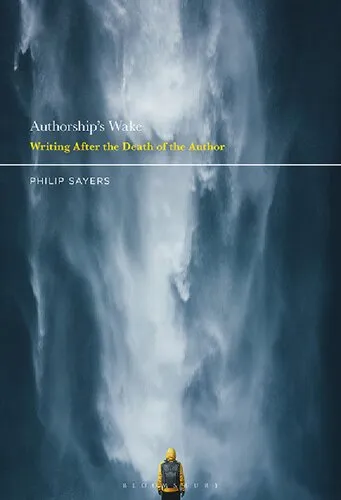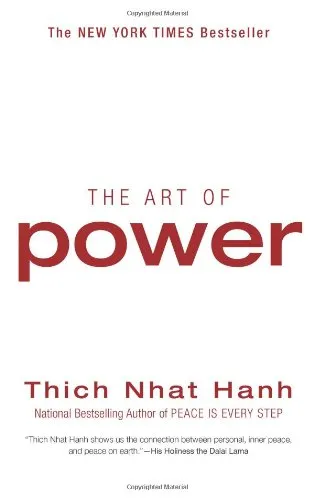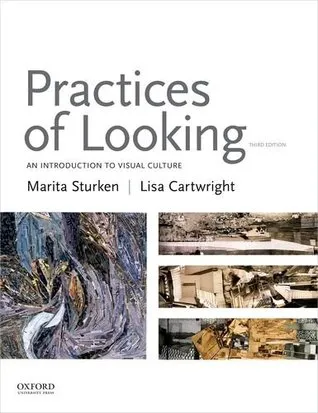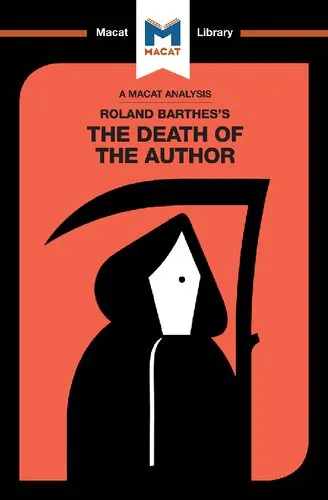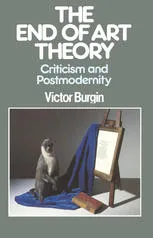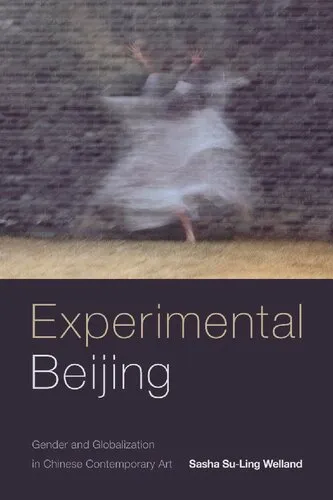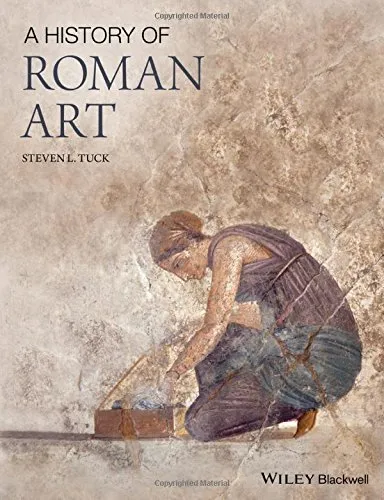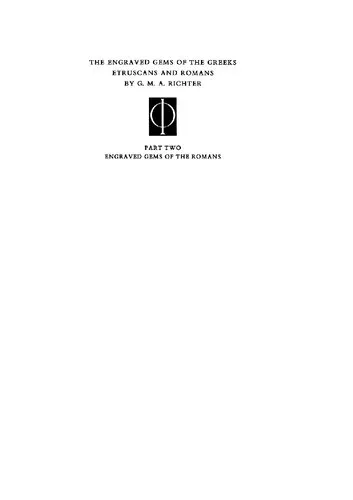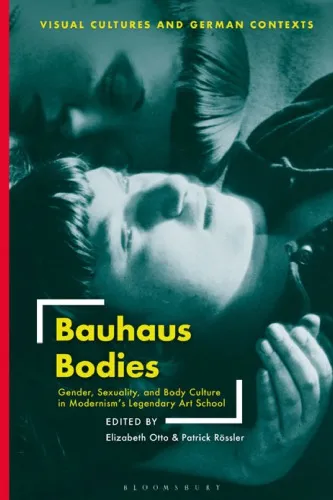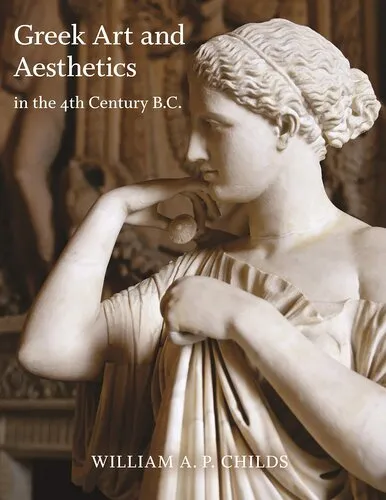Authorship’s Wake: Writing After the Death of the Author
4.7
Reviews from our users

You Can Ask your questions from this book's AI after Login
Each download or ask from book AI costs 2 points. To earn more free points, please visit the Points Guide Page and complete some valuable actions.Related Refrences:
Introduction
"Authorship’s Wake: Writing After the Death of the Author" embarks on an intellectual journey through the shifting landscapes of literary theory and the evolving conceptions of authorship. This book delves into how the notion of the 'author' has transformed, particularly after the influential declaration of the 'death of the author' by Roland Barthes in the 1960s. Through engaging discourse, the book explores modern responses to this provocative idea and examines its profound impact on literary studies, creative expression, and cultural production.
Detailed Summary of the Book
"Authorship’s Wake" provides a comprehensive analysis of how the concept of authorship has been deconstructed over the decades and how contemporary writing has evolved in its aftermath. The book begins by tracing the historical perspective of authorship, from its inception through the Enlightenment era to its climax during the aegis of Romanticism, where the author was revered as an inspired creator.
With the critique launched by Barthes' essay "The Death of the Author," followed closely by Michel Foucault's "What is an Author?", the identity of the author was famously destabilized. The text delves into the implications of these theories, particularly how they separated the creator from the creation, thereby liberating texts to interpretations diverse and independent from the author's intentions.
Through a cultural and critical lens, the book investigates how these shifts have been reflected in postmodern narratives, digital literature, and genres like fan fiction. It challenges traditional notions, encouraging readers to consider texts in broader contexts beyond the page, influenced by readers' perceptions, cultural dialogues, and intertextual elements.
Key Takeaways
- Examination of authorship's historical evolution and its current status in literary theory.
- Analysis of Barthes, Foucault, and other critical theorists' contributions to the concept of author function and textual autonomy.
- Understanding the dynamic between authors, texts, and readers in contemporary settings, including digital and interactive mediums.
- Appreciation of modern texts' ability to transcend traditional boundaries of authorship through collective and anonymous practices.
Famous Quotes from the Book
"In a world where the author’s presence is often mediated or invisible, texts transform into living entities that evolve with every interpretation."
"The death of the author emancipates the text into the realm of multiple dimensions, inviting a chorus of voices to partake in its meaning-making."
Why This Book Matters
"Authorship’s Wake" is essential for scholars, students, and literary enthusiasts seeking to understand the multi-faceted nature of textual production and its wide-reaching implications in today’s digital age. By questioning and analyzing the disappearance of the traditional authorial persona, the book offers insightful perspectives on the democratization of storytelling and the participatory culture of reading and writing. It challenges readers to reconsider the power dynamics embedded in literary texts and to recognize the plurality and interconnectedness in narratives of the present and future.
Free Direct Download
You Can Download this book after Login
Accessing books through legal platforms and public libraries not only supports the rights of authors and publishers but also contributes to the sustainability of reading culture. Before downloading, please take a moment to consider these options.
Find this book on other platforms:
WorldCat helps you find books in libraries worldwide.
See ratings, reviews, and discussions on Goodreads.
Find and buy rare or used books on AbeBooks.
1470
بازدید4.7
امتیاز0
نظر98%
رضایتReviews:
4.7
Based on 0 users review
Questions & Answers
Ask questions about this book or help others by answering
No questions yet. Be the first to ask!
